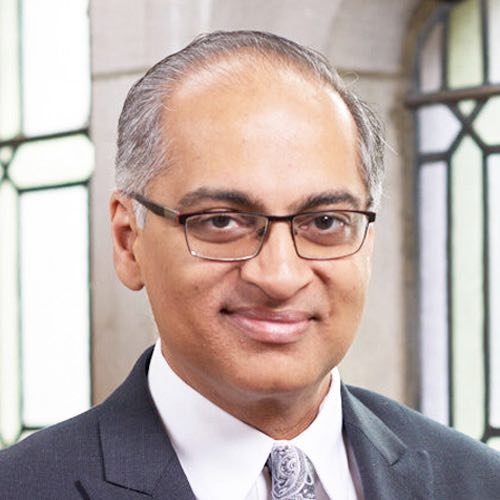Learning from Hindu and Buddhist wisdom
Three religious traditions dear to me all share a common insight: within each of us there is a twoness, an ordinary or conventional self and an ultimate Self. Those three traditions are Hinduism, Buddhism and Christianity. Christians don’t ordinarily talk about two selves—the expression is not native to Christian vocabulary — but we share an analogous insight.
The ordinary self is the small, everyday self we identify with — the one with a name, habits, fears, worries, addictions, loves and cares. This is the self that goes by the name “John.” But Hindus and Buddhists insist that this is not the only self. This is only the conventional self. The ultimate Self is our true and deepest nature. For Hindus, this Self is divine. It is ultimate reality called Atman or Brahman. It is infinite, inexhaustible and marked by radiant and infinite compassion.
Buddhists worry about “self” discourse and prefer to talk about no-self. But they, too, hold that we are not just our little imperiled and anxious selves. At the heart of Buddhist wisdom is the truth of interrelatedness. To be is to be related. Or as Thich Nhat Hanh put it, none of us exist; we only interexist. We are interbeing. From this perspective, we are not discrete selves but one node within the entire web of existence. When we wake to this reality, we become manifestations of infinite and unconditioned compassion, which is our true nature. Compassion is the only true way to live when I see that I am not “I” apart from “you.”
Is there a Christian way to speak of our conventional selves and an ultimate Self? Absolutely! This theme is repeatedly sounded by St Paul, who invites us to die to self to live in Christ. As St Paul puts it, “For I through the law died to the law, so that I might live to God. I have been crucified with Christ; and it is no longer I who live, but Christ lives in me…” (Gal 2: 19-20).
Passages such as this are beloved by Christian mystics who walk the journey of dying to their ordinary selves so that the mind of Christ can become realized in them. No longer just John that lives, but Christ who lives in me — what a holy yearning, to be so transformed and claimed by the spirit of Christ that I become Christ!
I confess that most days I am so preoccupied with John’s problems, anxieties and insecurities that the idea that Christ can dwell so richly in me that I become Christ’s love incarnate in the world seems fictive. Really, me? I can not only love like Christ, but I can also become Christ? “Whatcha talkin’ bout, St. Paul? Do you know what a hot mess I am, Paul, buddy?” Of course, Paul would counter that if he, a persecutor of Christians — by all accounts a hot mess himself — can become Christ, you and I can too. That is the experiential ground of the good news he proclaims; he knows what Christ has done and is doing in him, yes, even him!
As I read the daunting news that comes at us daily, news of capricious cruelty from high places, trying to confront or even witness what we are up against is daunting. Me? I am called to face and fight such evils in Christ’s name for the sake of the beloved community he brings into the world? Wow, that’s like bringing a peashooter to battle against guided missiles.
St Paul’s message and Buddhist and Hindu wisdom insist that we are never just our puny selves. We are never alone, and we are always more than we think we are. But they also insist that this insight cannot remain a mere notion in our noggins. We need practice! We need silence, meditation and contemplative prayer. When you sit in silence and meditate, you come into exquisite and even agonizing awareness of the contrast between your personal pettiness and the grand claims that these traditions insist upon: “your deepest and truest nature is infinite and unconfined compassion — yes, you John, you!” In Christian language, you are fallen and finite, and yet you are also, without question, made in the image and likeness of God, and that very likeness can be recovered in you!
Our Hindu and Buddhist neighbours insist that our beliefs cannot save us. Practices don’t save either, but they are indispensable means to opening to what the infinite is always already working in us. Practice is the doorway between our everyday selves and the divine Self we are called to be and become. In the power of this divine Self, we are more than conquerors in the love of the one who loves us.




